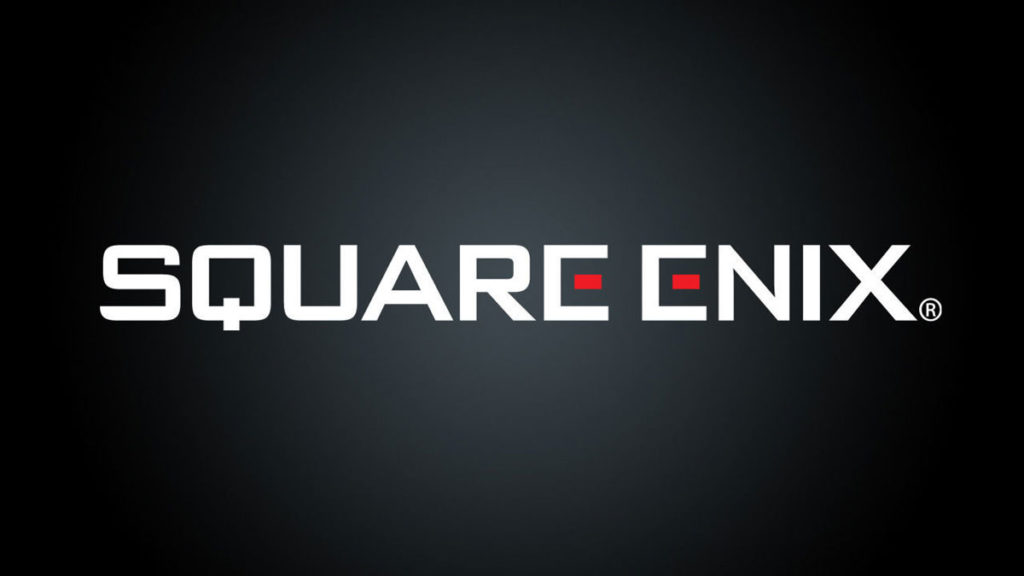
Square Enix CEO Yosuke Matsuda has posted a New Year’s letter delving into the controversial topics of NFTs in games and play to earn with blockchain gaming. He also expands on the nature of token economies.
Another term that gained quick currency in 2021 was “NFT” or “non-fungible token.” The advent of NFTs using blockchain technology significantly increased the liquidity of digital goods, enabling the trading of a variety of such goods at high prices and sparking conversations the world over. I see 2021 not only as “Metaverse: Year One,” but also as “NFTs: Year One” given that it was a year in which NFTs were met with a great deal of enthusiasm by a rapidly expanding user base. However, we do observe examples here and there of overheated trading in NFT-based digital goods with somewhat speculative overtones, regardless of the observed value of the content provided This, obviously, is not an ideal situation, but I expect to see an eventual right-sizing in digital goods deals as they become more commonplace among the general public, with the value of each available content corrected to their true estimated worth, and I look for them to become as familiar as dealings in physical goods.
Blockchain Games and the Token Economy
No games with NFTs were announced, but it is obvious the publisher is examining its options. Another term that has increasingly come up alongside NFTs is play to earn. This idea is tied to blockchain games and their involvement with token economies.
By contrast, blockchain games, which have emerged from their infancy and are at this very moment entering a growth phase, are built upon the premise of a token economy and therefore hold the potential to enable self-sustaining game growth. The driver that most enables such self-sustaining game growth is diversity, both in how people engage with interactive content like games, and in their motivations for doing so. Advances in token economies will likely add further momentum to this trend of diversification. I see the “play to earn” concept that has people so excited as a prime example of this.
Two Player Groups
Matsuda goes on to discuss two groups. The first is traditional customers who play for fun and have “voiced their reservations toward these new trends, and understandably so.” The other is “play to contribute.”
“Traditional gaming has offered no explicit incentive to this latter group of people, who were motivated strictly by such inconsistent personal feelings as goodwill and volunteer spirit,” Matsuda said. “However, with advances in token economies, users will be provided with explicit incentives, thereby resulting not only in greater consistency in their motivation but also creating a tangible upside to their creative efforts.”
Square Enix is clearly researching the token economy and its effect on the gaming industry, paying attention to players as it begins strategizing the use of NFTs and blockchain gaming.
Source: Square Enix (via Kitguru)
